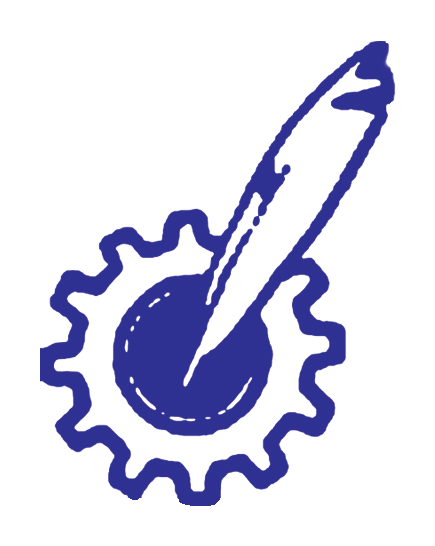EDITORIAL COMMENT: Restriction of imported goods long overdue

As the economy continues to recover, there is a need for the government, in consultation with industry, to take stock and see areas to institute controls through various instruments available to it so that the recovery is consolidated. There, indeed, was a time when the country was importing basically everything, the period roughly between 2004 and when the government introduced the multiple currency system in January 2009. The economy was down, with most factories closed. In response to that downturn, the government allowed companies and individuals to import a wide range of commodities after suspending import duty. This ensured that people accessed food and other important goods for their survival.
However, as factories resumed operations and the supply of locally made products rose later on, there had to be a nuanced complementary response from authorities for those gains to be nurtured. We have seen the government, for example, imposing high import duty on certain products and in other cases totally banning imports.
It is in that connection that the government, on Friday gazetted Statutory Instrument 64 of 2016 that virtually bans the importation of dozens of products. This should see the modest recovery we are seeing in industry getting consolidated.
The products include coffee creamers (Cremora), Camphor creams, white petroleum jellies and body creams.
Goods categorised as builders ware such as wheelbarrows (flat pan and concrete pan), structures and parts of structures of iron or steel (bridges and bridges section, lock gates, towers, lattice masts, roofs, roofing frameworks, doors, windows and their frames and threshold for doors, shutters, balustrade, pillars and columns) and plates, rods, angles, shapes section and tubes prepared for use in structures of iron and steel ware, are also on the list of restricted products.
The statutory instrument also puts controls on the importation of plastic pipes and fittings, flat-rolled products of iron or non-alloy steel (of a width of 600mm or more), clad plated or coated and corrugated steel roofing sheets.
Also on the list is furniture – flash doors, beds, wardrobes, dining room suites, office furniture and tissue wading. Baked beans and potato crisps, are now banned as well as cereals, bottled water, mayonnaise, salad cream, peanut butter, jams, maheu, canned fruits and vegetables, pizza base, yoghurts, flavoured milks, dairy juice blends, ice-creams, cultured milk and cheese.
Importation of second hand tyres (all re-treaded or used pneumatic tyres of rubber), baler and binder twine, fertilizers (urea and ammonium nitrate), compounds and blends, tile adhesive and tylon, shoe polish, synthetic hair products are also on the list of products whose importation has been banned too.
Zimbabweans, whose economy has a strong manufacturing base will always be happy when they consume products made in their country.
We have no doubt that they support the government in the action it has taken as it means a lot of benefits to the economy that is slowly recovering from the continuing impact of illegal Western sanctions.
The controls will help in saving the little money there is in the country and ensure that we don’t export jobs as an economy that imports always does.
Industrial capacity utilisation should increase as a result as controls on imports create a bigger market for local manufacturers which is a welcome stimulus for them to ramp up their production. The Confederation of Zimbabwe Industries estimates that industry is operating at 34,3 percent owing to challenges that include stiff competition from imports. However, we envisage an improvement in the capacity utilisation in the next few months as the full impact of the measures takes hold.
As we report elsewhere, the national import bill was at $2,07 billion over the first five months of the year while exports were valued at $949 million. The Zimbabwe National Statistics Agency figures show that the country is still importing for consumptive purposes and less on raw materials. The imported items include cooking oil, soap, sugar, bottled water cellphone handsets, electronics, vehicle spares, and clothing, which account for over 70 percent of the import bill.
We are pleased that the import bill between January and May fell by 13 percent from $2,38 billion compared to the corresponding period last year. It remains too high though. We are confident that the latest controls will help in reducing the import bill further.
There is no plausible reason why the country should import yoghurts, when we have three big dairy operations producing with some of their products finding no takers on a market full of imported competition.
The same goes for Camphor cream when Datlabs is producing so much yet an imported competitor is dominating. The same goes for wheelbarrows, lock gates and other iron and steel products when companies like the Treger Group are producing so much. The same goes for maheu when Arenel was recently forced to shut down its plant after its product struggled to compete on a market dominated by an imported product.
As for the importation of bottled water (yes, water) and synthetic hair products we better say nothing.










Comments